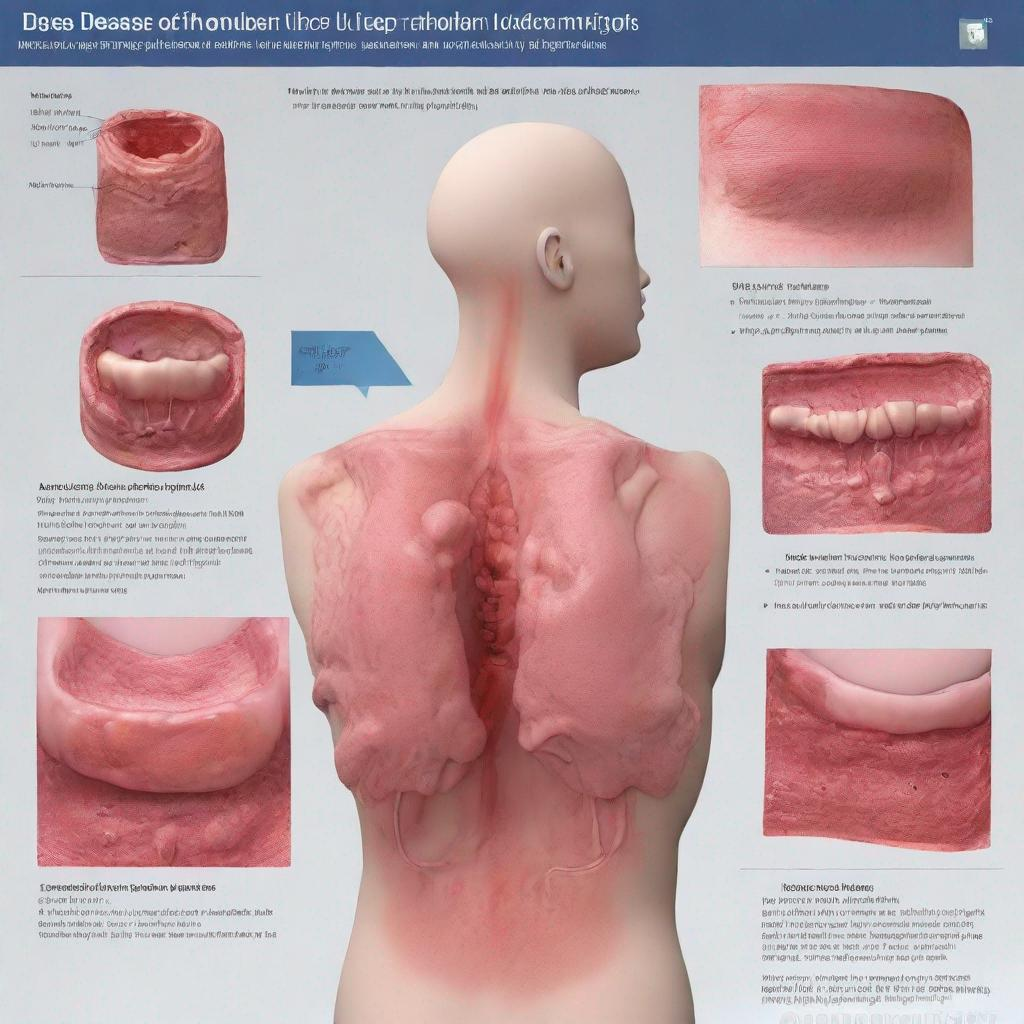“`html
Understanding C-Reactive Protein (CRP) Test: A Comprehensive Guide
Introduction:
The CRP, or C-Reactive Protein, test is a valuable diagnostic tool used in medicine to detect and monitor inflammation in the body. Inflammation is the immune system’s natural response to infection, injury, or disease. Elevated levels of CRP in your blood can indicate the presence and severity of an inflammatory condition or infection.
Test Overview:
The CRP test is a blood test. It measures the amount of C-Reactive Protein in your blood. This protein is produced by your liver when there is inflammation in the body. Elevated CRP levels indicate the presence and severity of inflammation.
Conditions and Diseases Detected:
CRP test can help detect and monitor a wide range of conditions and diseases associated with inflammation:
- Bacterial infections, such as pneumonia, meningitis, or urinary tract infections (UTIs)
- Viral infections, such as the flu or HIV
- Fungal infections
- Autoimmune disorders, such as lupus or rheumatoid arthritis
- Cancer, such as lung or colon cancer
- Heart disease (in combination with other tests)
Symptoms:
Elevated levels of CRP may accompany the following symptoms of inflammation:
- Fatigue
- Fever
- Chills
- Muscle aches
- Joint pain
What the Test Can Identify:
CRP levels in your blood can provide valuable information about:
- The presence of inflammation in the body
- Severity of an infection, with higher levels indicating a more severe infection
- Risk of developing certain diseases, as persistently elevated CRP levels may be linked to increased risk of conditions like heart disease or diabetes
Preparation Guidelines:
CRP test typically requires no special preparation. Fasting may not be necessary for most cases, but your healthcare provider will provide specific instructions if required.
Procedure:
During the test, a blood sample will be taken, usually from a vein in your arm. The procedure is quick and minimally invasive. Most people experience little to no discomfort.
Duration and Waiting Time:
The test itself takes only a few minutes, but the time for results may vary depending on the laboratory. Your healthcare provider will inform you about the estimated time frame for receiving your test results.
Additional Tests:
Along with the CRP test, your healthcare provider may recommend additional tests, such as a:
- Complete blood count (CBC) to check your overall blood cell count
- Erythrocyte sedimentation rate (ESR) test to assess the level of inflammation in the body
These additional tests can provide a comprehensive evaluation of your overall health and assist in making the most accurate diagnosis.
Conclusion:
The CRP test is a vital diagnostic tool for detecting and monitoring inflammation in the body. Elevated CRP levels may indicate various conditions, including infections, autoimmune disorders, or even the risk of certain diseases. Discussing your CRP test results with your healthcare provider can help determine the appropriate treatment or further diagnostic steps. If you have any concerns or symptoms of inflammation, do not hesitate to discuss the need for a CRP test with your healthcare provider.
“`




